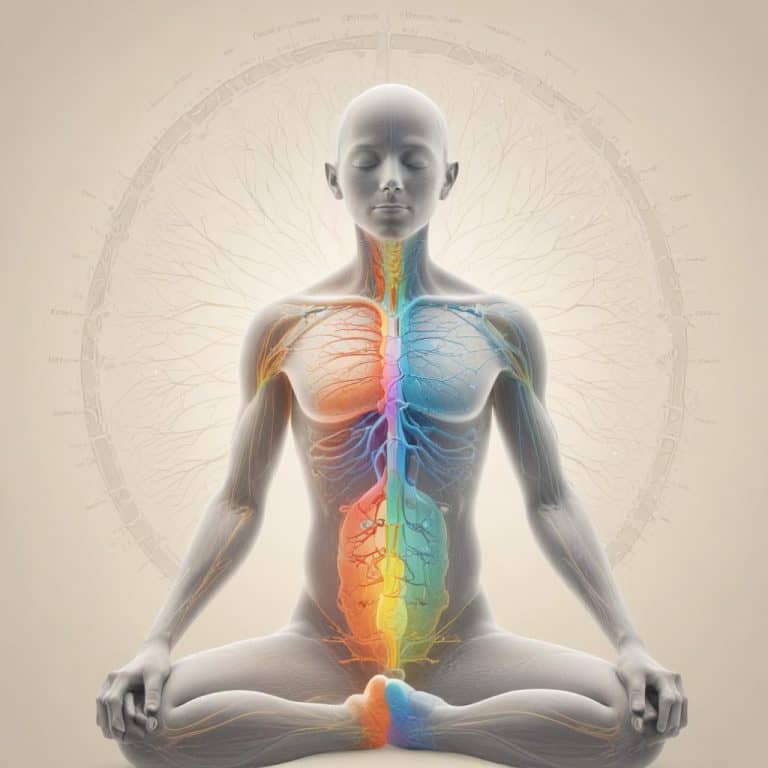Welcome to the Parasympathetic Nervous System quiz! In this game, you will learn all about the part of your nervous system that helps your body relax and rest. The parasympathetic nervous system is like the calm sidekick to your body’s fight-or-flight response.
Get ready to dive into the world of rest and digest with this quiz. You’ll explore how the parasympathetic nervous system slows down your heart rate, helps with digestion, and promotes overall relaxation.
So, sit back, relax, and get ready to test your knowledge on all things parasympathetic!
Play Parasympathetic Nervous System Quiz
Instructions
- This quiz is multiple choice.
- Read each question carefully before selecting an answer.
- Choose the best answer for each question.
- You will see the missed questions with correct answers at the end of the quiz.
Quick Facts
- The parasympathetic branch helps the body rest and digest after a meal.
- It works in opposition to the fight or flight response of the sympathetic branch.
- This branch is responsible for slowing down the heart rate and promoting relaxation.
- It helps with the digestion of food by increasing saliva production and enhancing digestion in the stomach.
- The parasympathetic branch also plays a role in conserving energy and promoting overall well-being.
- It is sometimes referred to as the “rest and digest” branch of the autonomic nervous system.
- Stimulation of this branch can lead to feelings of calmness and contentment.
- Activities such as deep breathing and meditation can help activate the parasympathetic branch.
- Chronic stress can negatively impact the functioning of this branch, leading to health issues.
- Overall, the parasympathetic branch helps the body maintain a state of balance and relaxation.
Downloads
Study Tips
- Create a study schedule and stick to it.
- Find a quiet and comfortable study environment.
- Remove distractions such as phones and social media.
- Take breaks every 25-30 minutes to avoid burnout.
- Use active studying techniques like summarizing, highlighting, and teaching concepts to someone else.
- Practice retrieval by testing yourself with flashcards or practice quizzes.
- Stay organized with notes, study guides, and resources.
- Stay hydrated and eat brain-boosting foods like fruits, nuts, and whole grains.
- Get enough sleep to improve memory retention and cognitive function.
- Reward yourself for reaching study goals to stay motivated.
